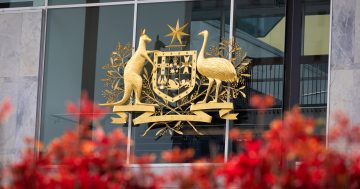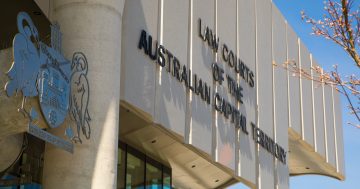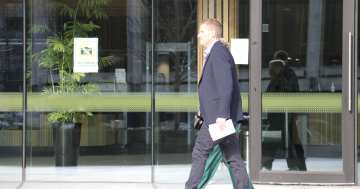Simon Corbell has the thrilling news that having presided over the farcical decay of the ACT courts for many years things are finally getting better:
The amount of time it takes to have a matter heard in the ACT Supreme Court has almost halved over the past the year, Attorney-General, Simon Corbell announced today.
Mr Corbell said this showed the ACT Government’s and the ACT Supreme Court’s joint efforts to reduce delays and improve efficiency are working.
“Initial reports for 2012-13 show significant improvements on previous years,” he said.
“Waiting times for hearings in the ACT Supreme Court nearly halved in 2013, compared to 2012 – a reduction of 45 per cent on average. In August 2013, the average time to the next hearing was 8.6 months, compared to 15.8 months in August 2012.
“While individual wait times for parties will vary, the average reduction in wait times shows great improvement.
I understand the Master is currently able to hear matters as early as October 2013.”
The reduction in waiting times follows the introduction of the docket system in August 2012, which improves efficiency by ensuring that each case is managed by a single Judge from start to finish.
The backlog of cases pending for more than a year has also decreased.
“In 2012-13, there were 92 criminal matters awaiting finalisation for more than a year,” Mr Corbell said.
“That’s down 47% on the previous year, when there 174 criminal matters pending.
“Civil matters pending for more than a year have also dropped by 31% on the previous year.”
Reserved judgements have almost halved as well. There were 39 reserved judgements in August 2013, compared to 74 in August 2012.
The number of new cases received by the ACT Supreme Court has also declined. Criminal case lodgements dropped by 28% last financial year. There were 395 matters in 2011-12, and only 284 in 2012-13. This reflects the decrease in serious crime in the ACT, resulting in fewer indictable matters committed for trial.
Civil lodgements also dropped last financial year by 12% – there were 560 matters compared to 636 in 2011-12.





















